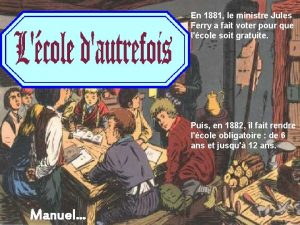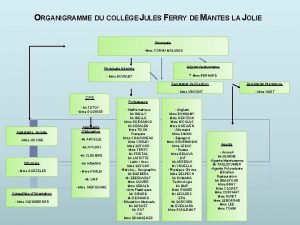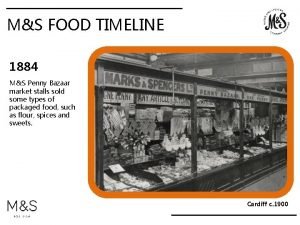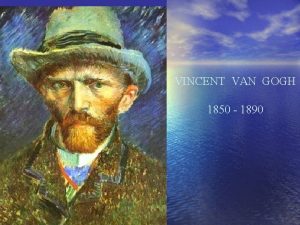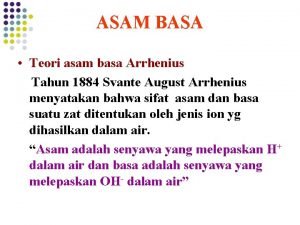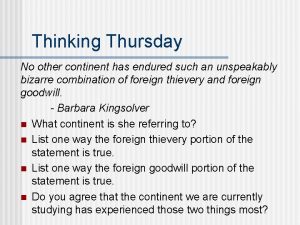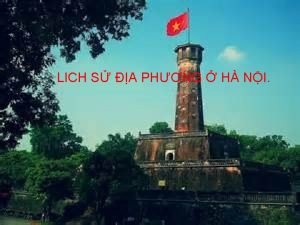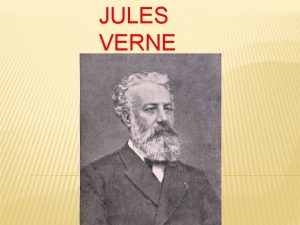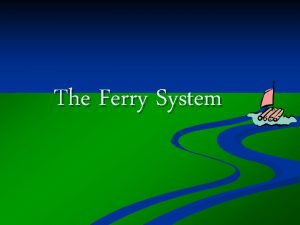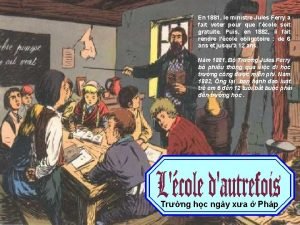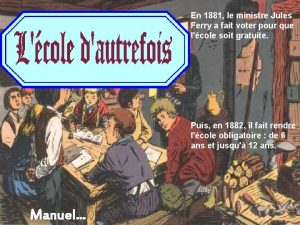Click Home 1884 French Colonial Expansion Jules Ferry

















- Slides: 17

Click Home

1884 -French Colonial Expansion – Jules Ferry, French Prime Minister -Karl Peters, German explorer collected treaties in Lake Victoria region (East Africa) -Berlin Conference opened -General Charles Gordon, went to Khartoum to evacuate the Egyptian garrison -Imperial Federation League founded

1886 -Berlin Conference partitions Africa Mahdi capture Khartoum and General Gordon is killed. (1885) -Opponents of imperialism began to openly challenge the prime minister in the British Parliament (1885) -The Royal Niger Company chartered. Gold discovered in Witwatersrand -France and Britain settled East African land claims (East Africa)

1888 -Britain and Ottoman sign treaty for British withdrawal from Egypt but Sultan backs away(1887) -Sir William Mackinnon became the first director of the Imperial British East Africa Company (IBEAC) -The Suez Canal Convention was signed by Turkey, Russia and various European powers. This international agreement provided for the Suez Canal to remain open to all nations in both peace and war. -Imperial British East Africa Company chartered

1890 -Cecil Rhodes sets up Chartered British South Africa Company for the conquest of Mashonaland the development of mining in the region New colony of Rhodesia founded. -Anglo-German Colonial Agreement (aka "The Heligoland Treaty") recognized British claim in East Africa -Karl Peters, German explorer collected treaties around Lake Victoria (East Africa) -IBEAC nearly bankrupt from failed plantation schemes -Frederick Lord Lugard, arrived in Buganda to extend IBEAC influence (East Africa)

1892 -British parliament refused to support Buganda railway scheme (1891) -Anglo-Portuguese colonial treaty recognizes British Protectorate in Nyasaland (1891)

1894 -Niger Coast Protectorate. Responsible government in Natal. (1893) -L. S. Jameson appointed administrator of Southern Rhodesia. Protectorate established in Uganda. -Queen Liliuokalani of Hawaii overthrown by John L. Stevens, U. S. ambassador to Hawaii, and powerful planters led by Sanford P. Dole -The Senate declares that Hawaii is to keep its own government, and warns that any nation interfering with that government will be considered hostile to the U. S.

1896 -Joseph Chamberlain made Colonial Secretary in Salisbury’s government. British east Africa protectorate established. Jameson raid. (1895) -War in the Sudan. The second Asante war deposes monarchy & establishes protectorate. Ndebele and Shona rebellions in Rhodesia -Ethiopians under Emperor Menelik II successfully resist European conquest, annihilating Italians at the Battle of Adwa (or Aduwa). By 1914, only Ethiopia in the east and Liberia in the west remain independent of European colonial control.

-Mahdi, death of Mahdi ended revolt in the Sudan 1898 -Royal Niger Company loses its powers to the Crown. -Boer War The first stages of the war went badly for the British, with Mafeking, Kimberley and Ladysmith beseiged. These were relieved and Pretoria captured. After 18 months of guerilla warfare, peace was signed at Vereeniging. British casualties were 5774 killed, 22, 829 wounded. Boers : 4000 killed

1900 -Europeans settle in north Africa and take control of key government positions and local industry. -The first motor cars appear in Cairo, new roads link North Africa cities.

1902 -J. A. Hobson, published non-Marxist critique of imperialism -North Africa’s economies favor European interests. -South African Boers accepted British terms of surrender.

1904 -France and Britain sign the Anglo-French Entente -The French and Spanish government divide Morocco into two separate protectorates, with France controlling the inland Spain the coastal areas and Western Sahara. -

1906 -Transvaal is given the self-governing status promised in the treaty ending the Boer War

1908 -Italy colonizes Ottoman-Controlled Libya. British and French occupiers support the education of civil servants and to a limited extent, but fall short of supporting higher education they would need to become an intellectual leader.

1910 -Union of South Africa is formed

1912 -The French confiscate Algerian land, leaving one-third of Algeria’s productive land under European ownership. -Morocco officially becomes a French Protectorate under the Treaty of Fez.

1914 -World War I, by which time all Africa had been divided up among European colonial powers. -The “world” war, however, damages myths of European invincibility, superiority, and their claim of the right to rule the world. Germany loses WWI and its African colonies to France and Great Britain, who are expected by the League of Nations to prepare the colonies for independence.
 Jules ferry on french colonial expansion
Jules ferry on french colonial expansion 1881 jules ferry
1881 jules ferry College jules ferry mantes
College jules ferry mantes Ent jules verne neuville en ferrain
Ent jules verne neuville en ferrain Click clever click safe
Click clever click safe Click clever
Click clever E safety
E safety Click clever click safe
Click clever click safe Expansión colonial en asia
Expansión colonial en asia M&s
M&s Jorge luis borges aprendiendo
Jorge luis borges aprendiendo Ionisasi elektrolit poliprotik
Ionisasi elektrolit poliprotik Latviešu dzejnieks 1910-1985
Latviešu dzejnieks 1910-1985 Berlin conference 1884
Berlin conference 1884 Halide onbaşı (halide edip adıvar) (1884-1964)
Halide onbaşı (halide edip adıvar) (1884-1964) Lịch sử hà nội từ năm 1802 đến năm 1884
Lịch sử hà nội từ năm 1802 đến năm 1884 Scramble for africa map
Scramble for africa map Kronenbourg 1884
Kronenbourg 1884

